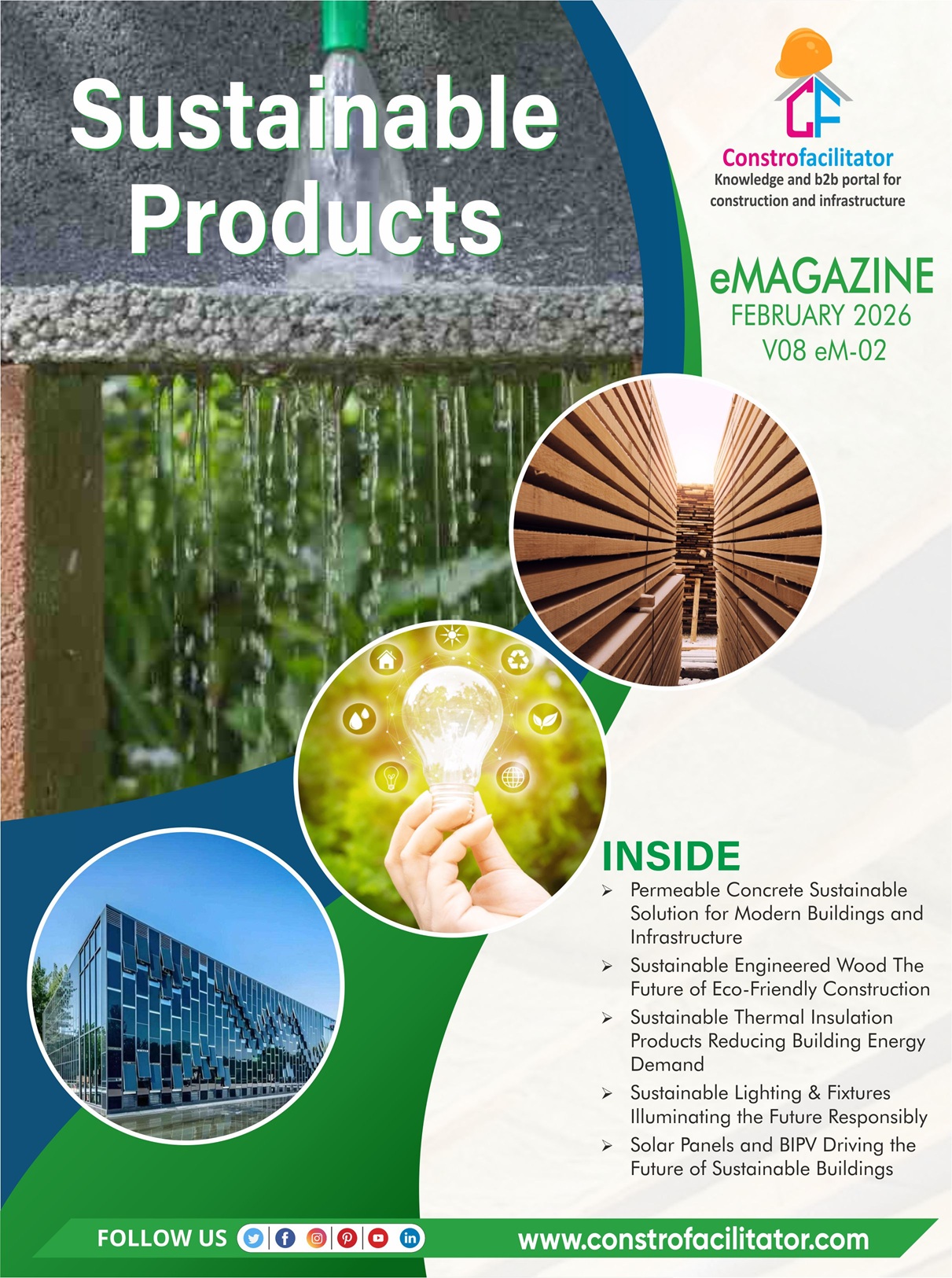The appetite for space in special economic zones is on the rise despite the fast approaching sunset date of March 31, 2020, after which new occupiers will not be eligible for direct tax benefits, industry officials said.Among the large corporates that have submitted proposals to occupy space in SEZ’s are Wipro and IBM, which have applied for office space of over 180,000 sq ft and 280,000 sq ft, respectively, in an operational SEZ in Madhapur, Hyderabad, they said.
“The SEZs accounted for about one-third of the leasing activity in 2019, leading to an all-time high absorption of office space in 2019,” said Ram Chandnani, managing director, advisory & transaction services, India, at real estate services firm CBRE South Asia.
According to a CBRE report, gross leasing activity grew by more than 25% year on year to historic high of almost 61.6 million sq ft in 2019 with Bengaluru, Hyderabad, Delhi NCR and Mumbai together accounting for almost 75% of the overall space takeup.
Companies that have recently leased large spaces in SEZs include BNY Melon, Caterpillar, PayPal, Mercedes Benz, Microsoft, Salesforce, Cognizant and HCL, across Hyderabad, Chennai and Bengaluru.
This rush is despite single digit vacancy across major SEZs in the country.
As per real estate services firm JLL India, 16 million sq ft of SEZ space was completed in 2019, while another, 14 million sq ft is slated to be completed in 2020.
“SEZs continues to hold a consistent share in the India office stock with a long-term average share of 25% since 2014,” said Sarita Hunt MD (Bengaluru) at property consultancy Savills India. “Tech cities are likely to continue playing a significant role in the SEZ landscape, having a major share of the upcoming supply. There is mad rush to sign up with no space available,” she said.
As per the sunset clause, new SEZ occupiers are eligible to receive both direct and indirect tax benefits only if they commence operations before the end of March 2020. Those commencing operations in April or later will not be eligible to receive direct tax benefits.
“The sunset clause will not impact the indirect taxes and the units will continue to receive benefits such as exemptions on GST and SEIS incentives (on eligible services), as long as they are operational,” said the managing director of a development firm having multiple SEZ in Hyderabad who requested not to be named.
In several cases, developers are expediting construction timelines in order to meet the March end deadline. However, those with projects being completed beyond March 2020 are also confident about the demand over the longer term.
The share of SEZs in supply dipped from 40% to 27% during 2019; led by Hyderabad and followed by Bengaluru, Pune and Chennai.





